Hair thinning is an experience shared by many, yet it’s often left unspoken. For both men and women, the emotional toll of watching your hair thin can be overwhelming, leading to feelings of frustration, embarrassment, and even isolation. It can be difficult to feel confident when something as personal as your hair is changing in unexpected ways.
However, you're not alone. Millions of people experience some form of hair thinning at different stages in life. There are several reasons why hair thinning occurs, and while some are natural, others may be linked to lifestyle, environment, or underlying health issues. Today we’re shedding light on some of the most common causes of hair thinning—and, more importantly, how you can take steps to care for yourself and your hair during this time.
1. Hormonal Changes
Hormones play a powerful role in regulating various functions in our bodies, including hair growth. Shifts in hormone levels can trigger significant changes, including hair thinning or even unwanted hair growth in other areas. This often occurs during major life events like pregnancy, menopause, or periods of intense stress. Hormonal changes can be tricky to navigate because they happen internally, meaning the physical symptoms, like hair thinning, may seem out of your control.
For women, hormonal imbalances due to pregnancy, birth control, or menopause are common triggers. For men, testosterone and DHT (dihydrotestosterone) levels can affect hair thickness over time. Regardless of the trigger, acknowledging that hormones are a key factor can help take the pressure off trying to fix the issue externally without first understanding what’s happening internally. Consulting a healthcare provider or a dermatologist can help you determine whether hormonal changes are at play.
2. Aging: A Natural Phase
Aging is a natural process, and just like our skin, hair goes through its own changes as we grow older. For some, the rate of hair growth slows down, while the hormones that once kept hair thick and lustrous begin to fluctuate. Over time, hair becomes thinner and more brittle, but this varies from person to person.
Accepting these changes as part of the aging process can make a significant emotional difference. Instead of fighting against time, focus on what you can do to nourish and care for your hair, allowing it to be the best version of itself at any stage of life. Using products designed to boost moisture and revitalize thinning hair can help maintain a healthier, fuller look.
3. Stress: The Silent Culprit
Stress is one of the most silent but impactful causes of hair thinning, yet it’s often overlooked. Whether it’s the pressure of a demanding job, personal challenges, or big life changes like moving to a new city or navigating relationships, your body responds to emotional and physical stress in more ways than one. Hair thinning could be a subtle message from your body that it’s time to slow down and focus on self-care.
If you’ve noticed your hair thinning during a particularly stressful time, it’s important to address the underlying cause of your stress. Try incorporating relaxation techniques such as meditation, yoga, or simply making time for hobbies and activities that bring you joy. Stress reduction won’t just help your hair—it will benefit your overall well-being.
4. Diet: Fueling Hair from the Inside
The old saying “you are what you eat” is especially true when it comes to your hair. A diet lacking in essential nutrients can result in more than just dull hair—it can cause significant thinning over time. Nutrient-rich foods like leafy greens, proteins, and healthy fats are the building blocks of strong, healthy hair.
Hair is primarily made of a protein called keratin, which means that a protein-deficient diet can lead to slower hair growth or thinning. Additionally, certain vitamins and minerals, such as iron, vitamin D, biotin, and omega-3 fatty acids, play a crucial role in maintaining healthy hair. Incorporating a variety of nutrient-rich foods and even considering supplements can make a noticeable difference in your hair's health and overall vibrancy.
If you find it difficult to get all the necessary nutrients through diet alone, it may be helpful to consult with a nutritionist or healthcare professional to identify any deficiencies and make adjustments.
5. Postpartum Hair Changes: A Common Experience
For new moms, postpartum hair loss is a common and completely natural occurrence. After giving birth, the hormonal shifts that took place during pregnancy begin to balance out, and this can often lead to temporary hair thinning, especially around the edges of the hairline. While it may be alarming to notice clumps of hair coming out in the shower or on your pillow, this type of hair thinning is usually temporary and should improve within a few months.
It’s important to remember that your body has been through an incredible transformation, and hair thinning is just one of the many changes that may occur during this time. Continue with a gentle hair care routine and avoid harsh treatments or excessive styling to give your hair the best chance to recover. And above all, be patient with your hair and your body as they heal and readjust.
6. Environmental and Routine Changes
Our bodies are incredibly resilient, but they still need time to adjust to changes. Whether you’ve just moved to a new city with different water quality or climate, started a new job, or paused your regular exercise routine, these changes can put stress on your body and hair. Even a minor disruption to your daily routine, such as inconsistent sleep or dietary habits, can contribute to hair thinning.
If you’ve noticed thinning after a big change, give your body time to adapt. In the meantime, focus on maintaining a consistent self-care routine, including hair care. Regular moisturizing treatments, scalp massages, and protective styles can help protect your hair while it adjusts to its new environment.
7. Hair Product Use: Are You Using the Right Ones?
Sometimes, the very products we trust to care for our hair can be the root cause of the problem. Many over-the-counter hair products are laden with harsh chemicals that can strip the hair of moisture, leaving it brittle and more prone to thinning. This is especially true for those with textured or curly hair, which requires moisture-rich products to thrive.
Switching to natural, nourishing hair care products can help restore moisture and strength to thinning hair. Look for products that are free from sulfates, parabens, and other harmful additives, and focus on those that deliver hydration, such as leave-in conditioners, oils, and deep conditioning treatments. If your hair care routine has been lacking, now is a great time to assess what you're using and make the switch to more moisture-focused products.
8. Illness and Medical Conditions
Certain medical conditions, such as alopecia, anemia, thyroid disorders, or autoimmune diseases, can contribute to hair thinning. In fact, for some people, hair loss is one of the first signs of an underlying health issue. This is why it’s essential to seek medical advice if you notice sudden or excessive shedding.
Regular check-ups with your doctor can help identify any medical conditions that may be affecting your hair health. Treatments may vary, from medication to topical treatments, depending on the diagnosis. While this can be a challenging process, identifying the root cause of the thinning can help set you on a path toward recovery.
Addressing Hair Thinning and Moving Forward
If you’re experiencing hair thinning, it’s crucial to listen to your body and consider consulting a healthcare provider for a proper diagnosis. Whether it's stress, diet, or product-related, understanding the cause will help guide you toward the right solution.
At Strands of Faith, we offer a range of moisture-focused, nourishing products designed to support healthy hair growth and prevent thinning. If your hair thinning isn’t caused by a medical condition, consider starting with our sample package to see if our products are the right fit for you. By making simple yet powerful changes to your routine, you can help restore your hair’s natural vitality and embrace a more confident, vibrant version of yourself.
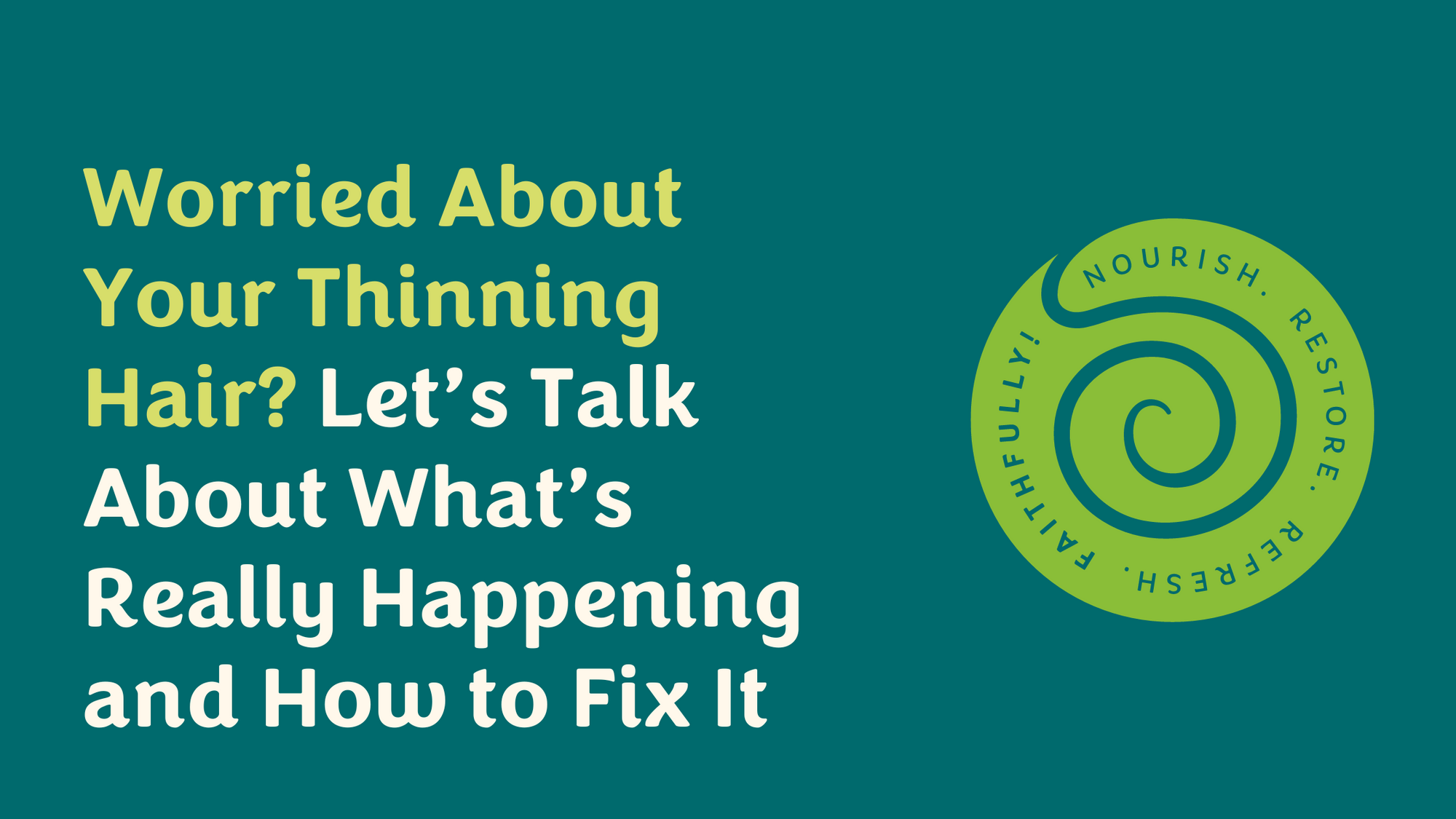


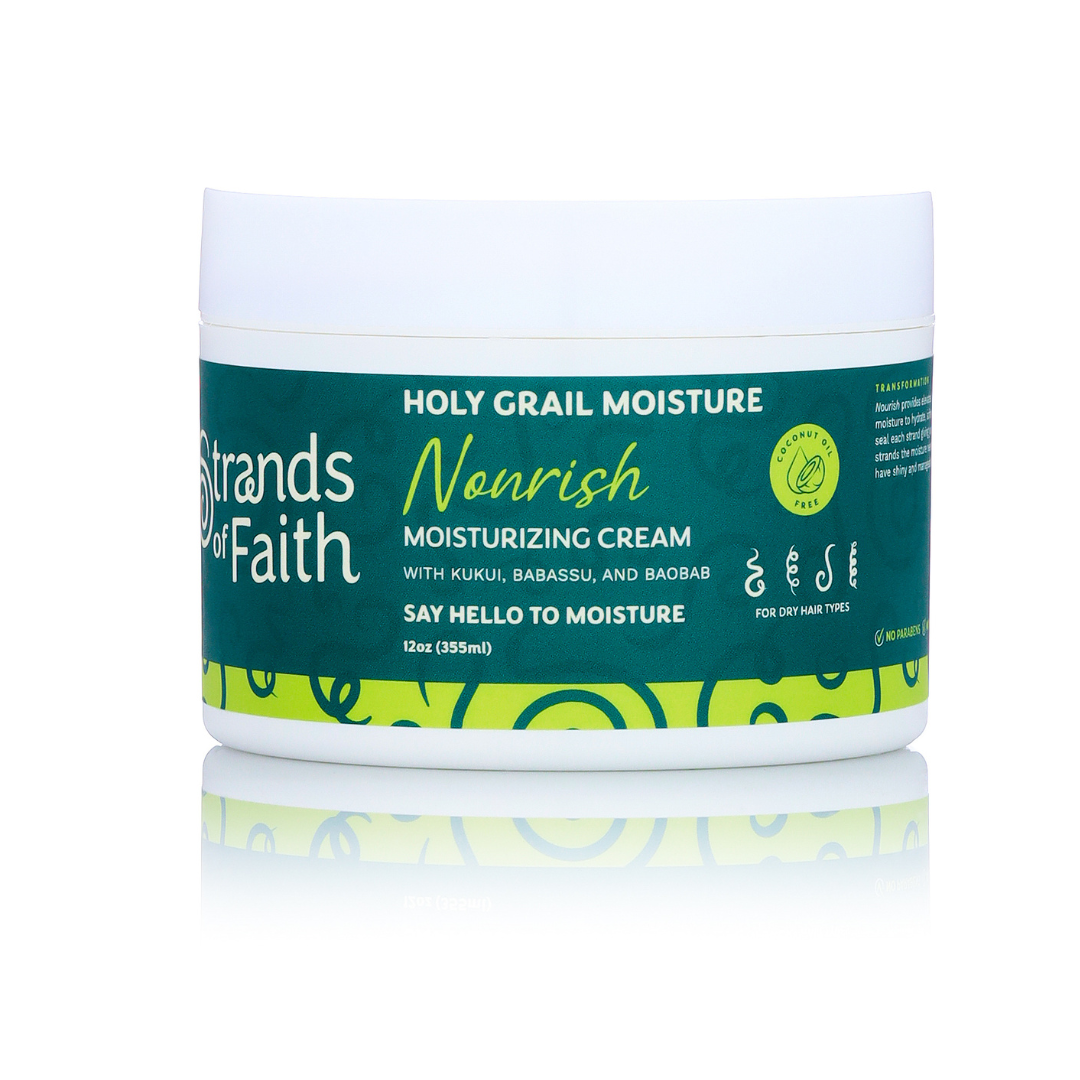
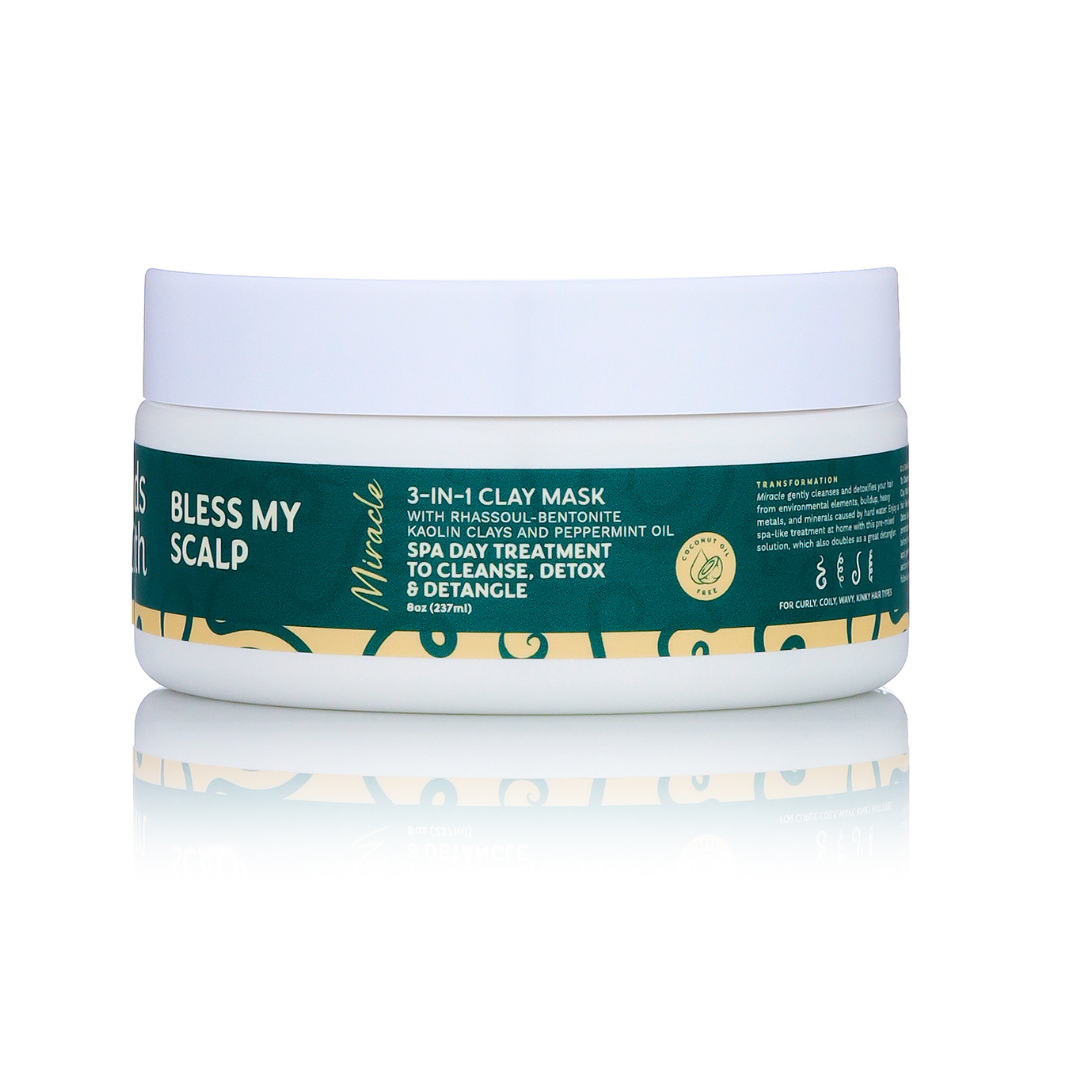
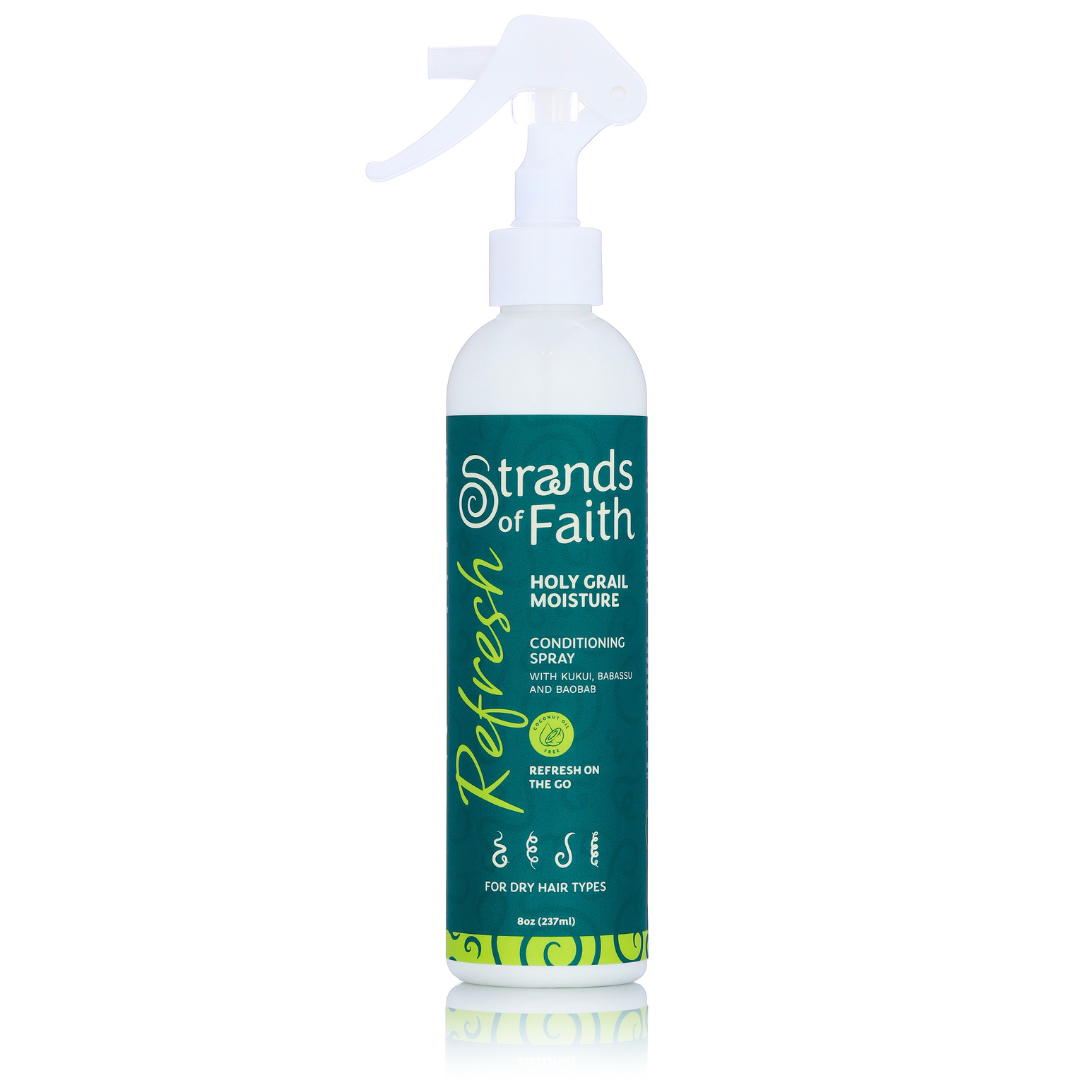
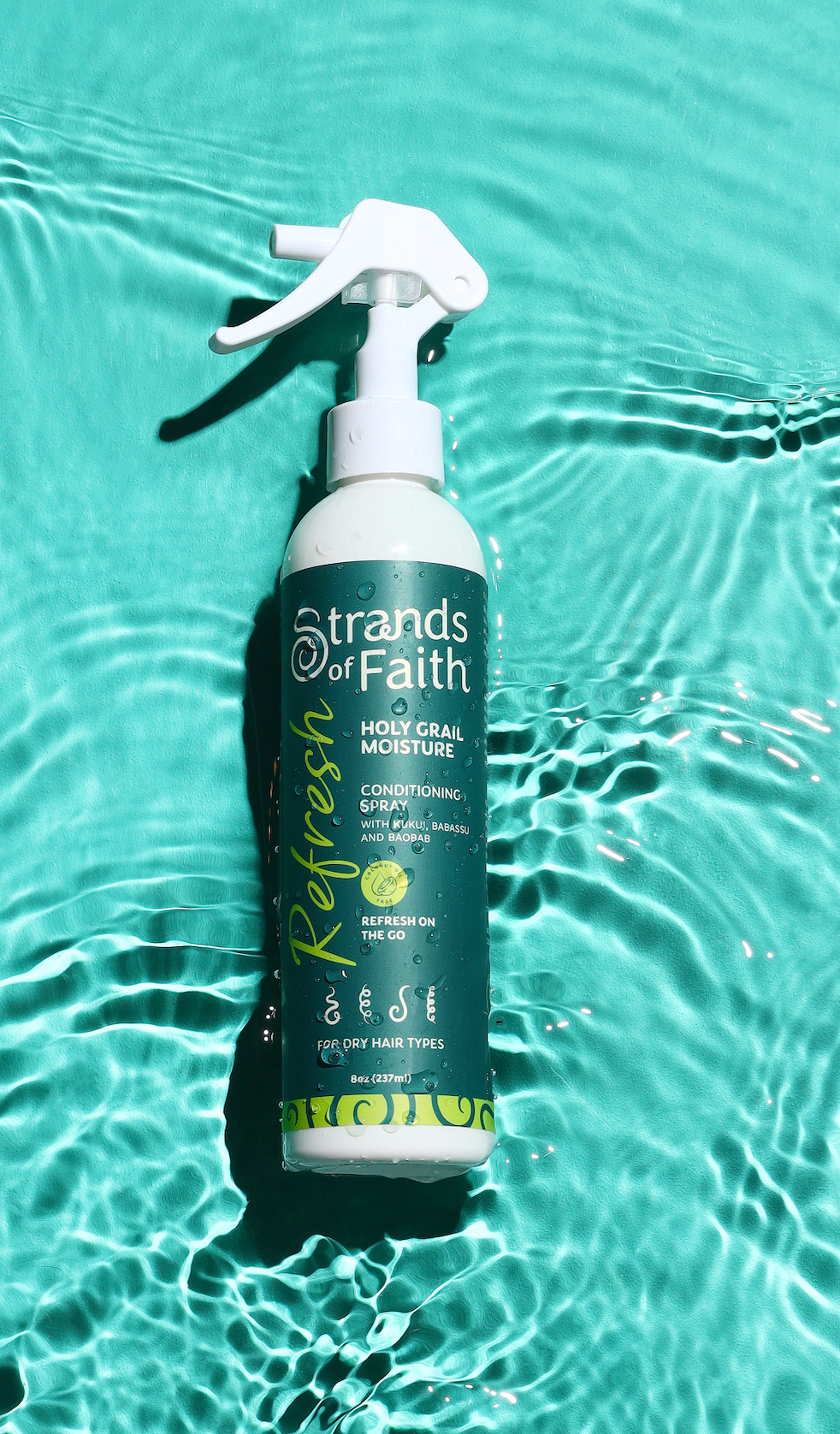
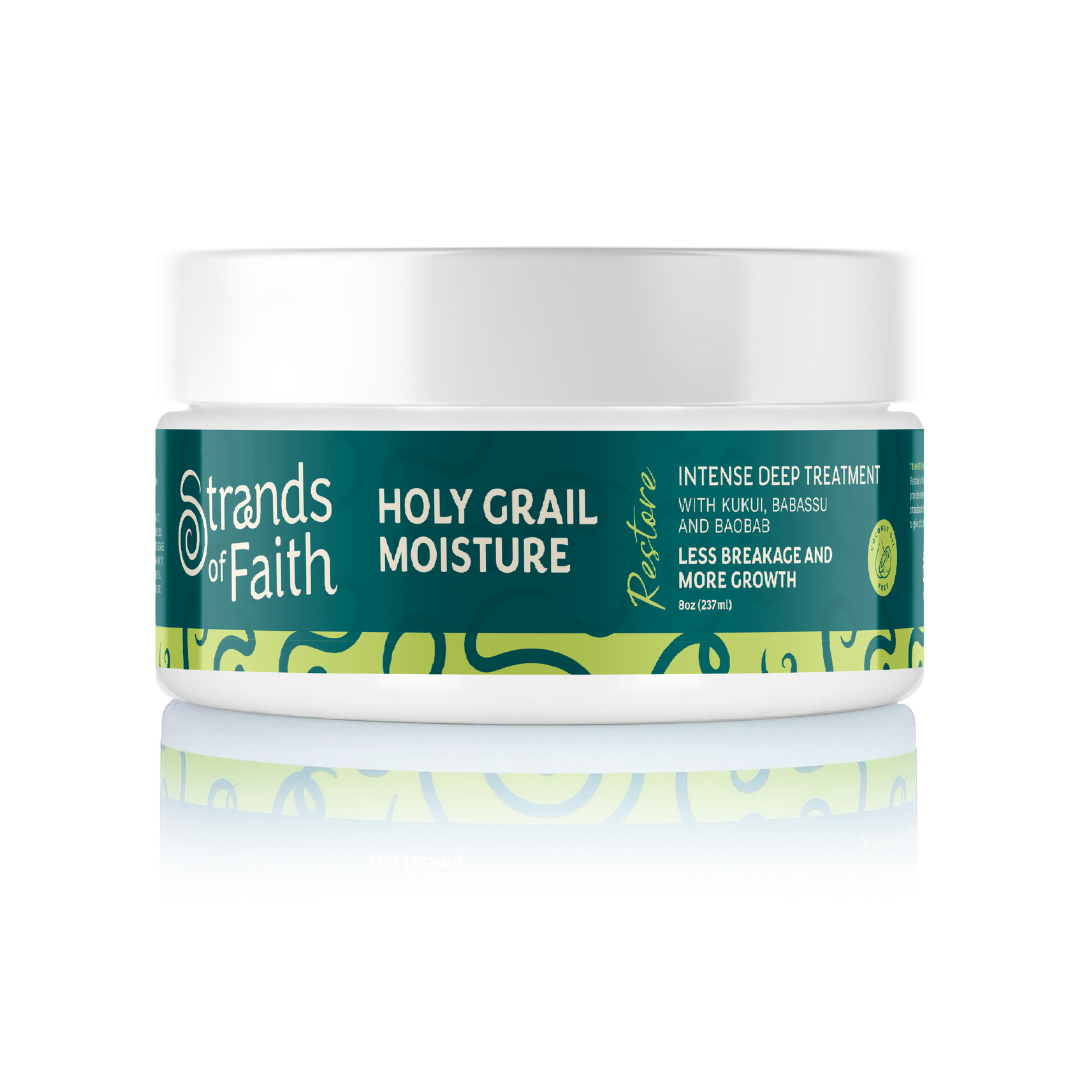

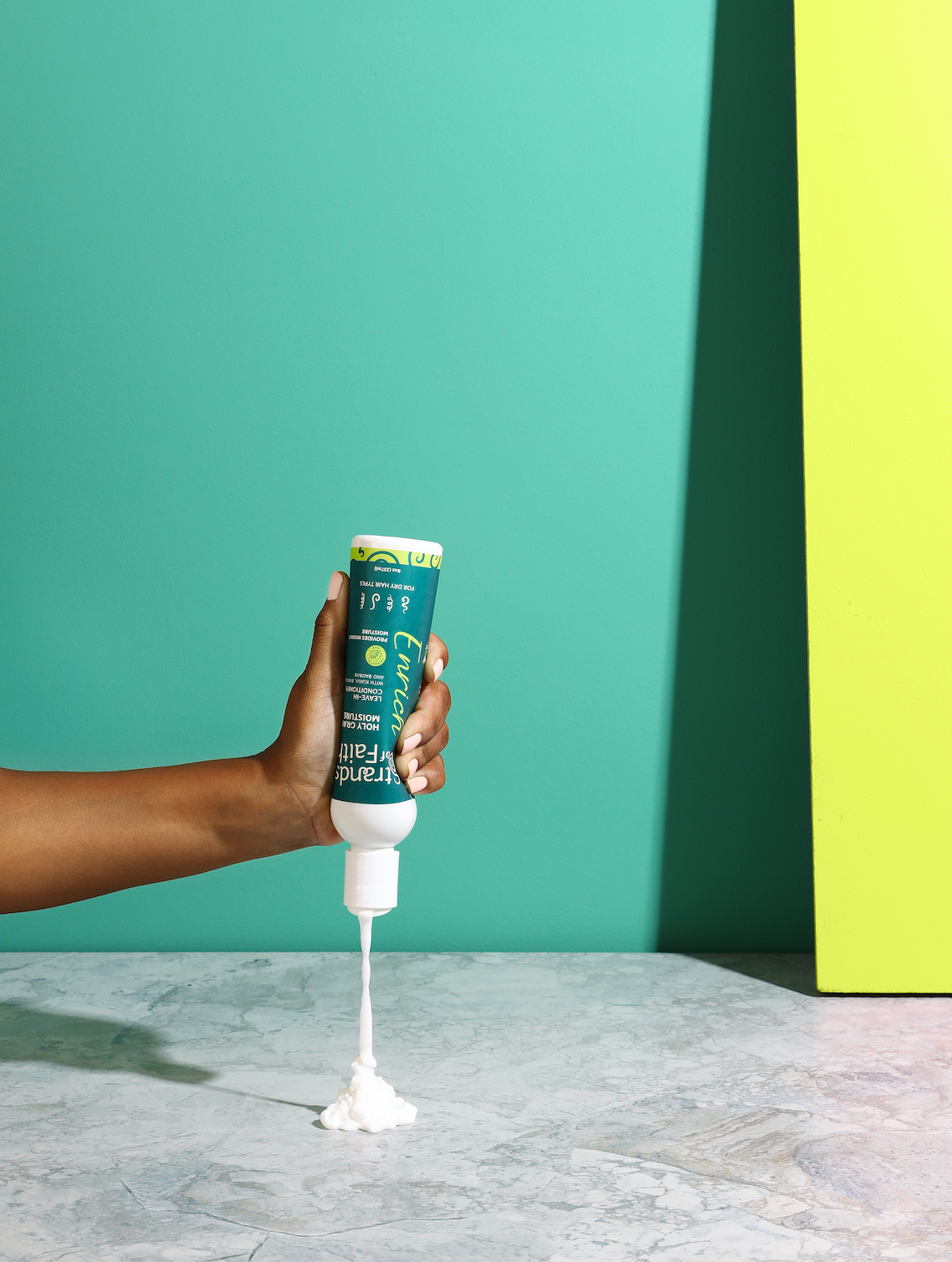
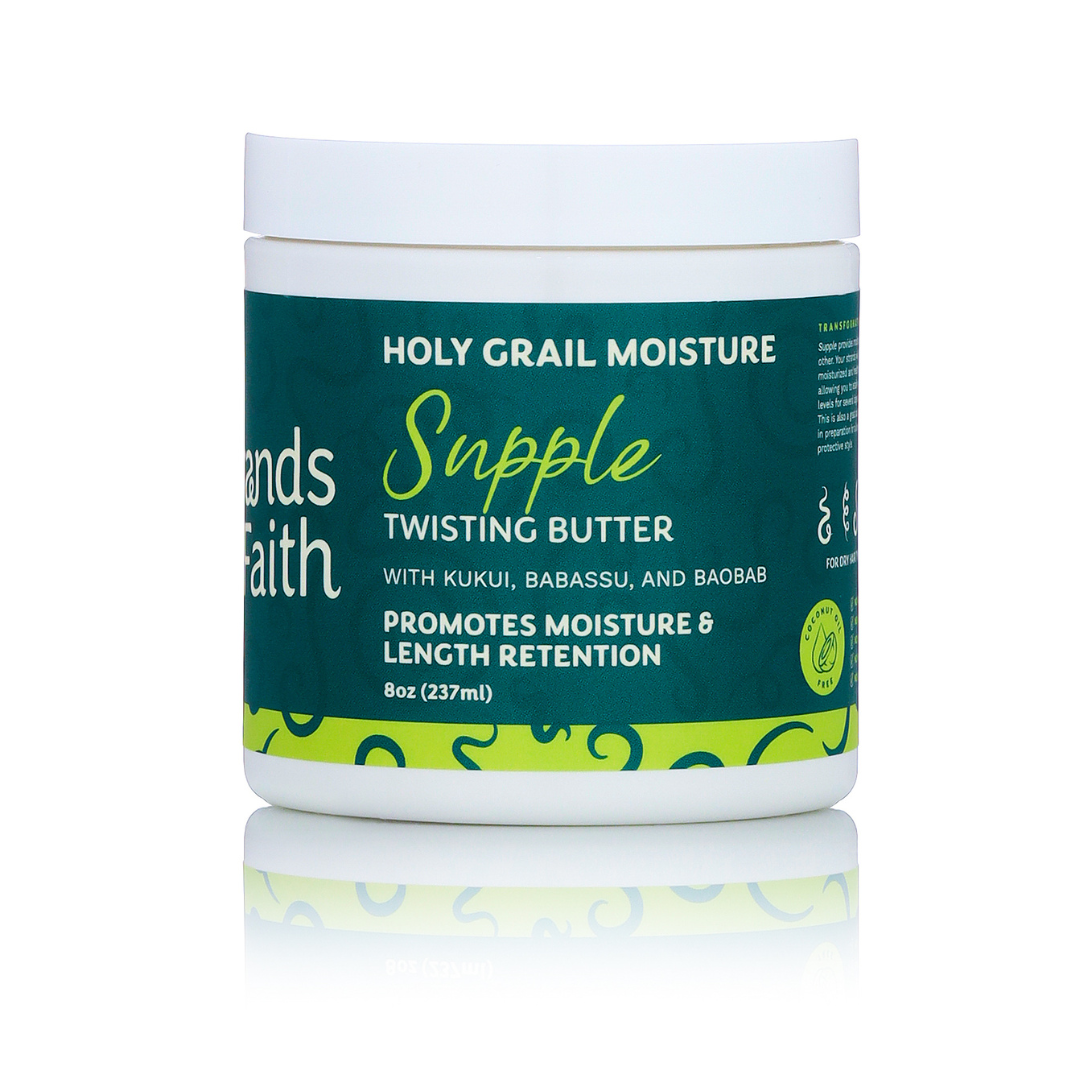
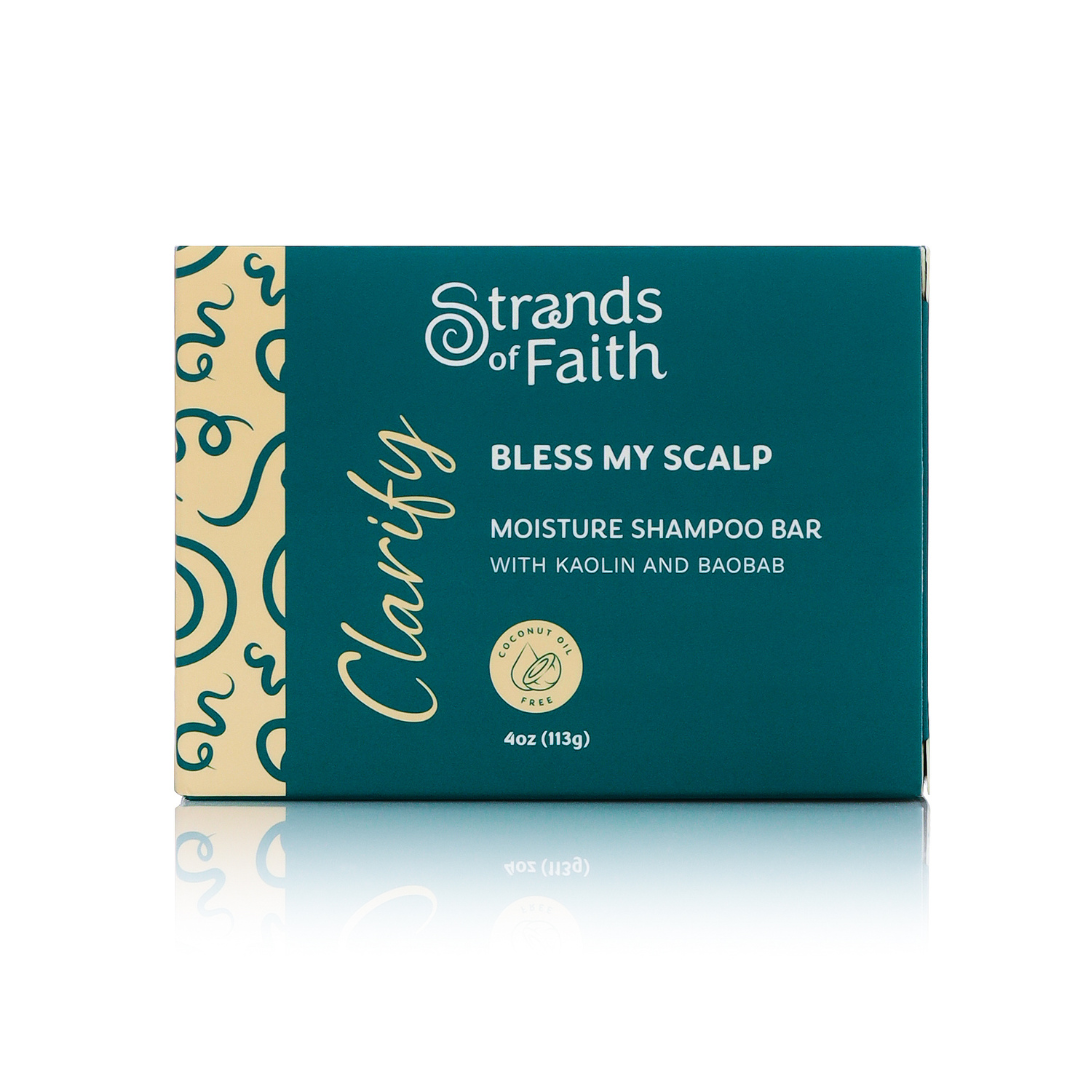
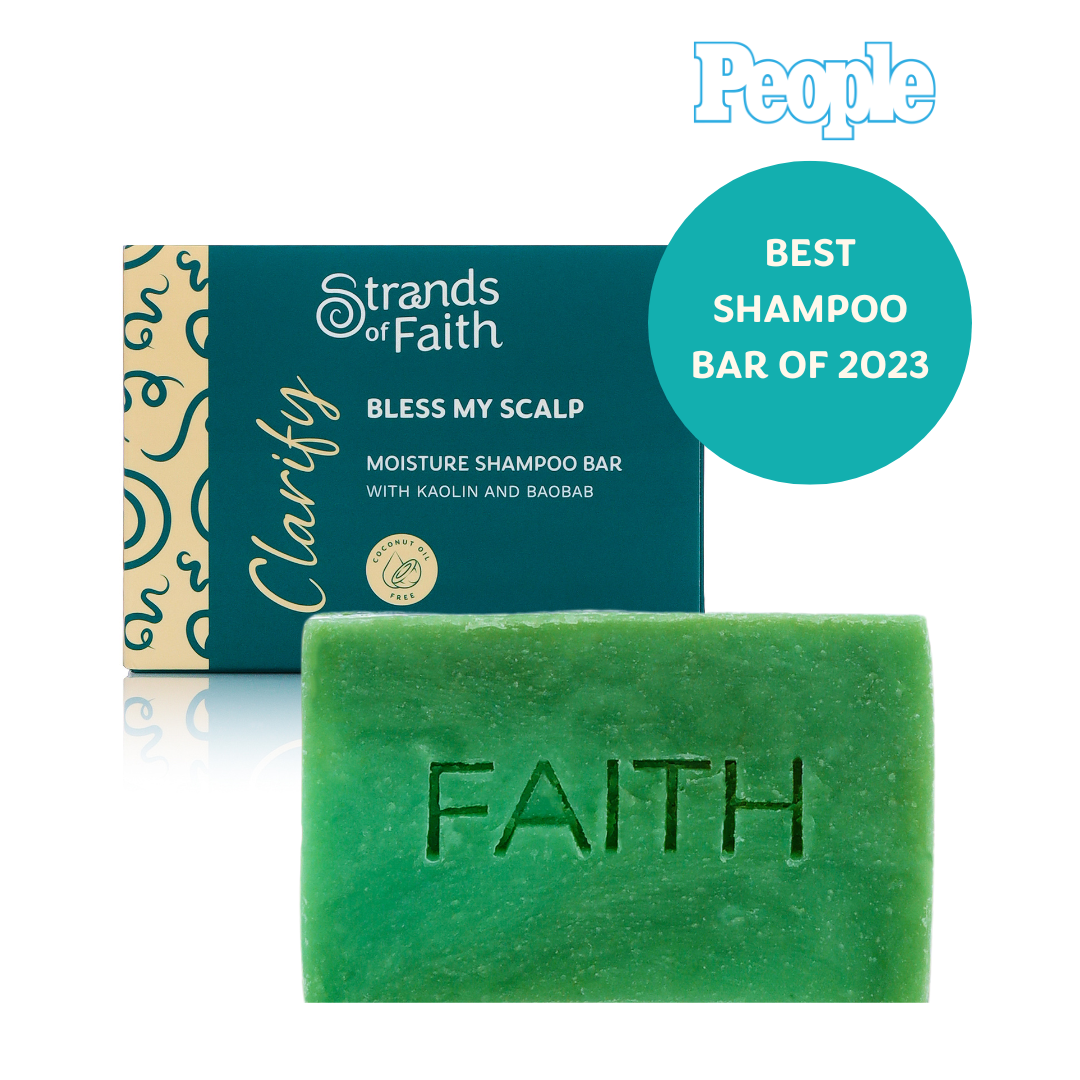
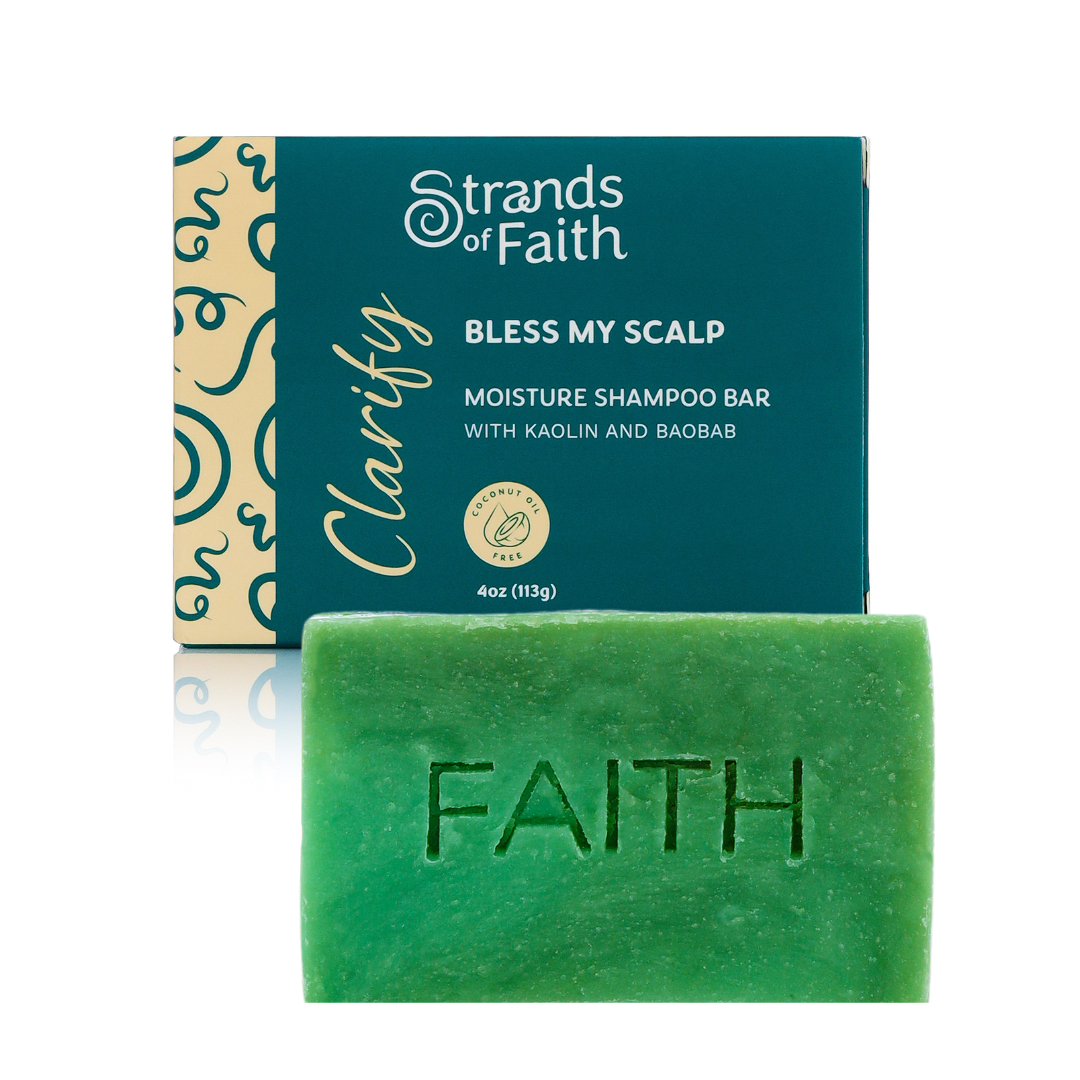
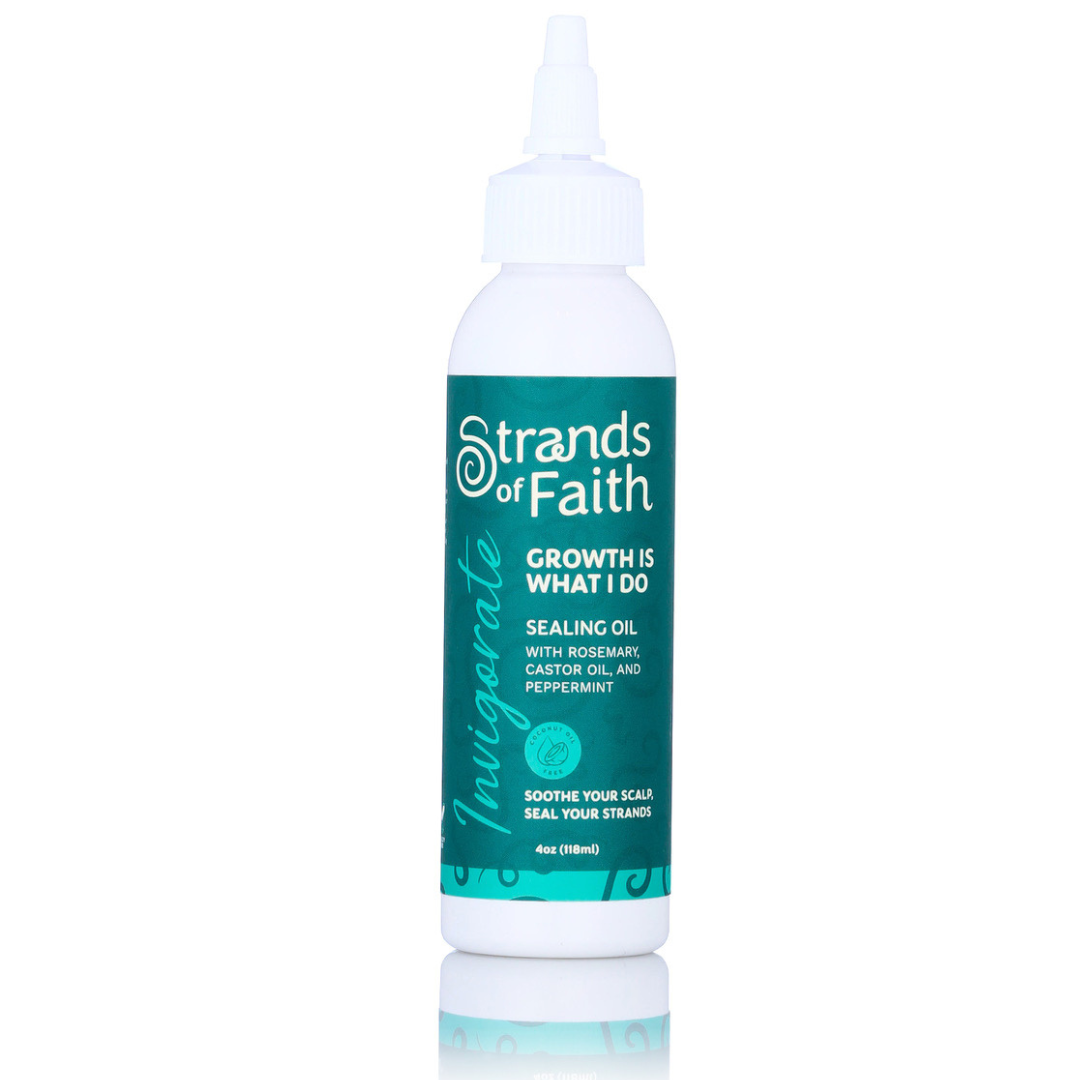
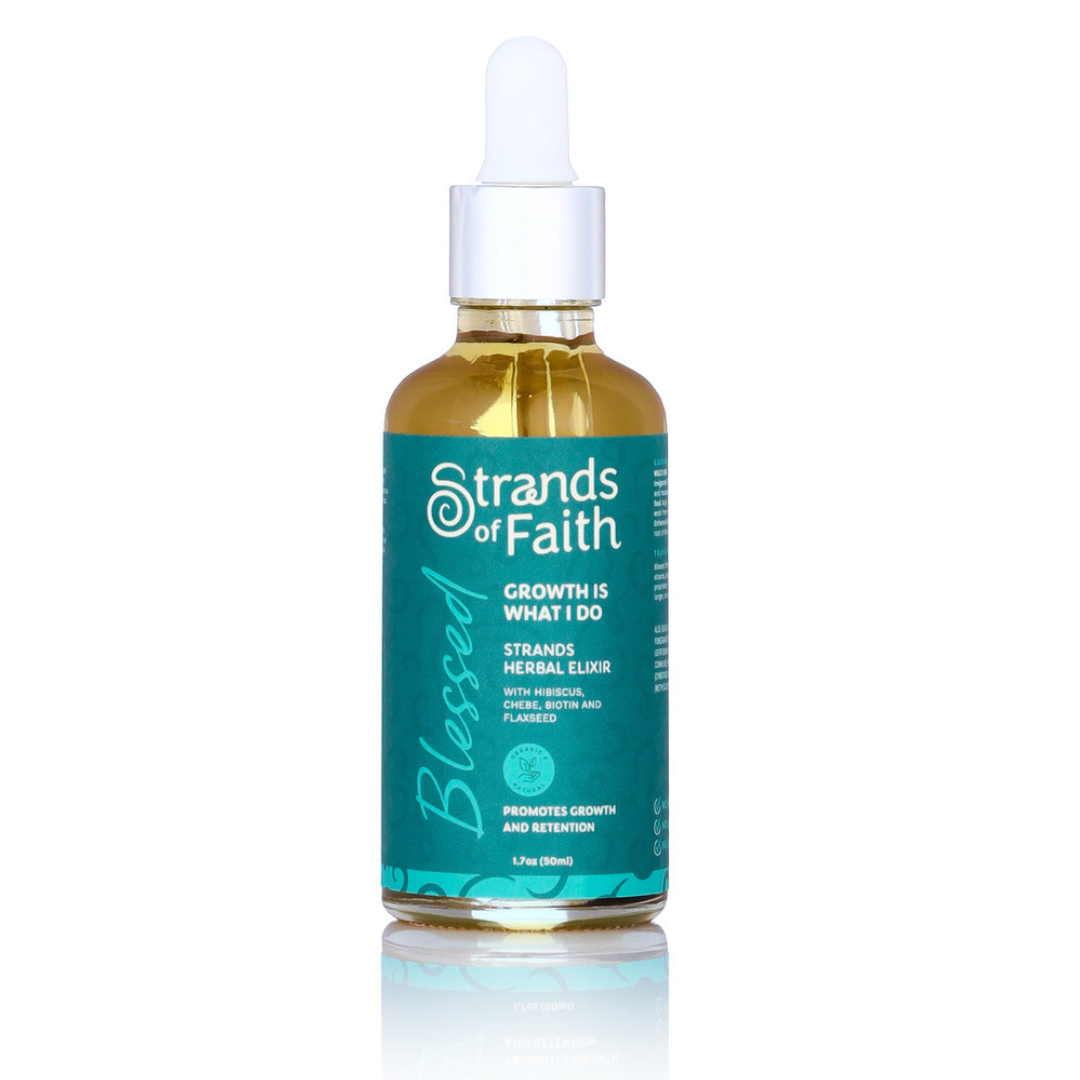
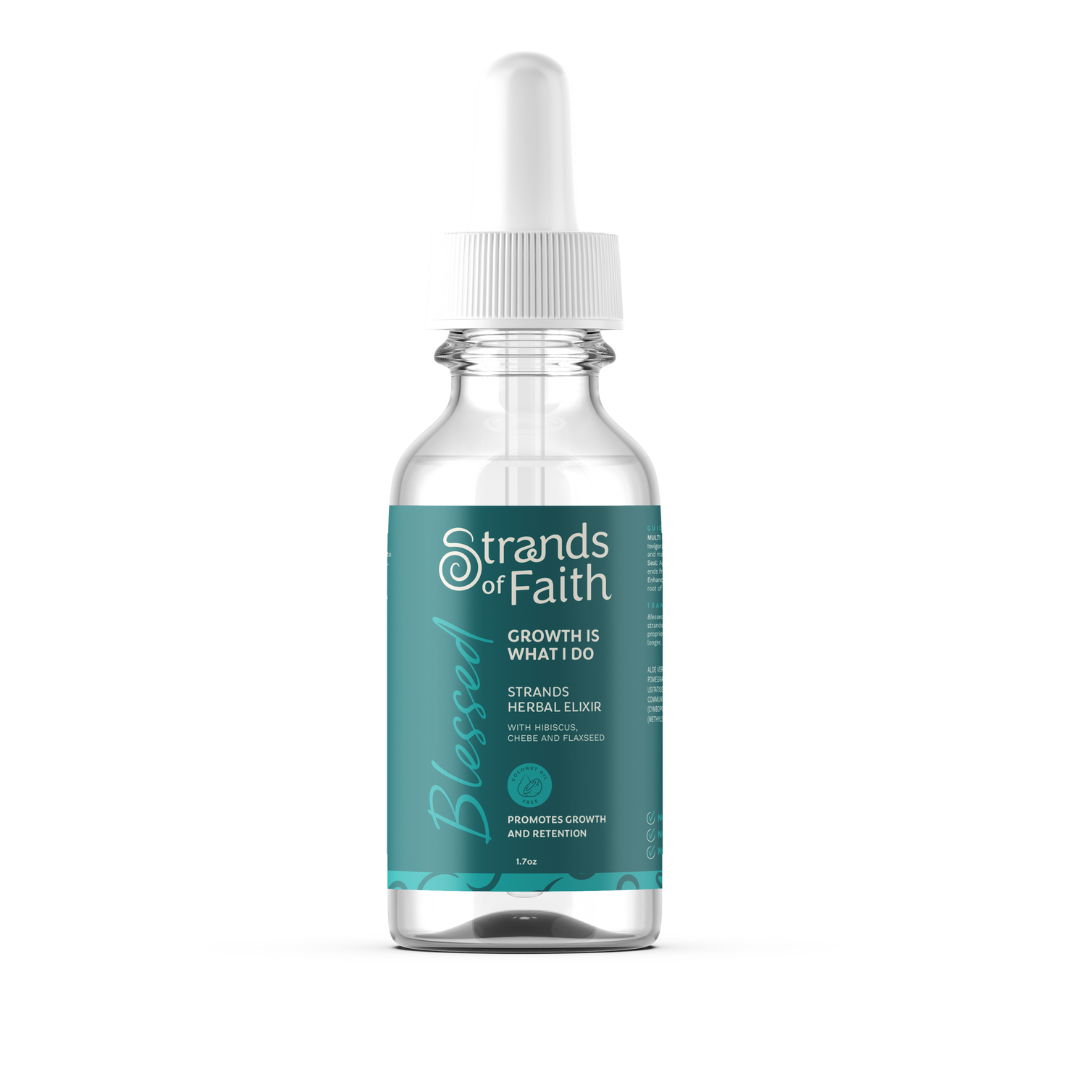
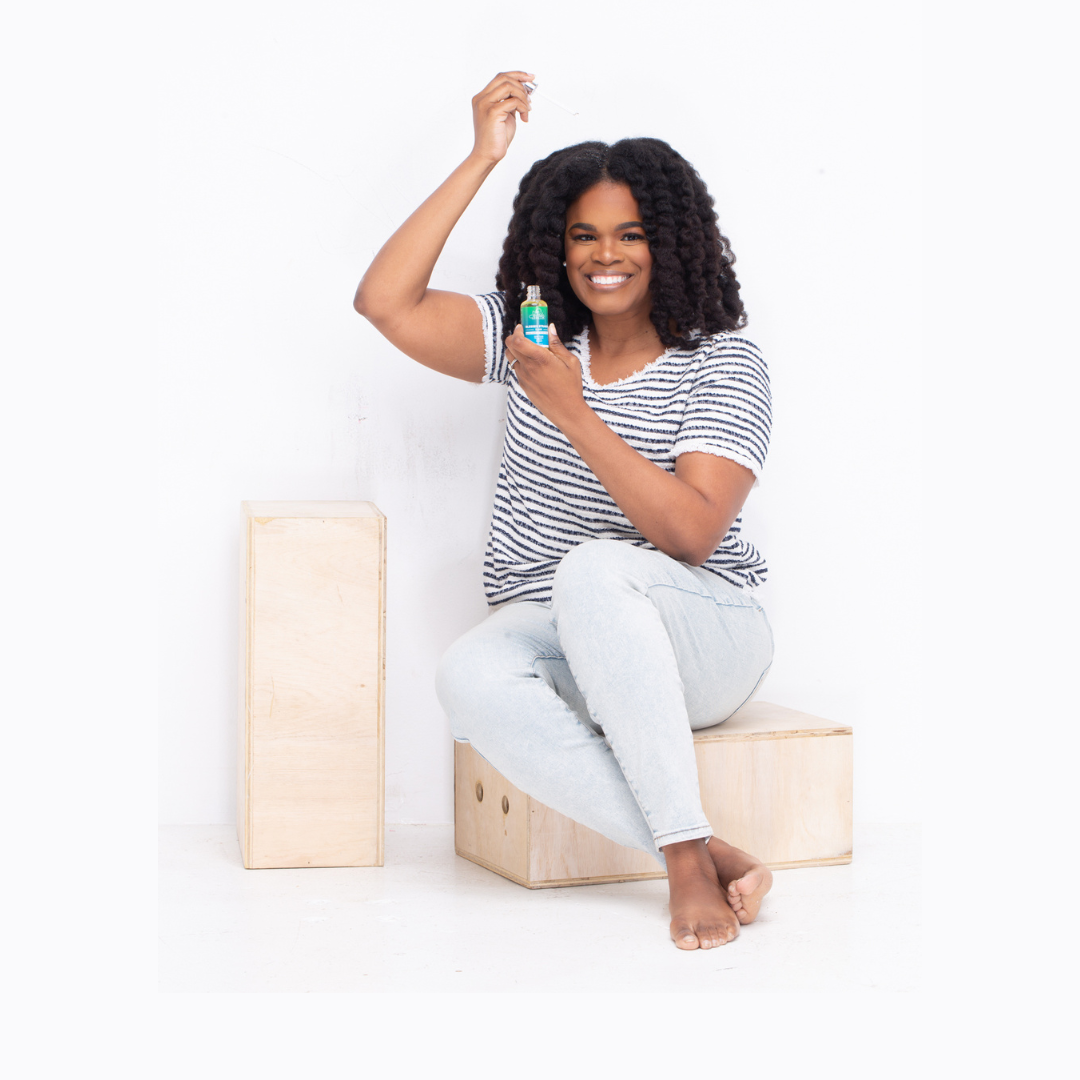
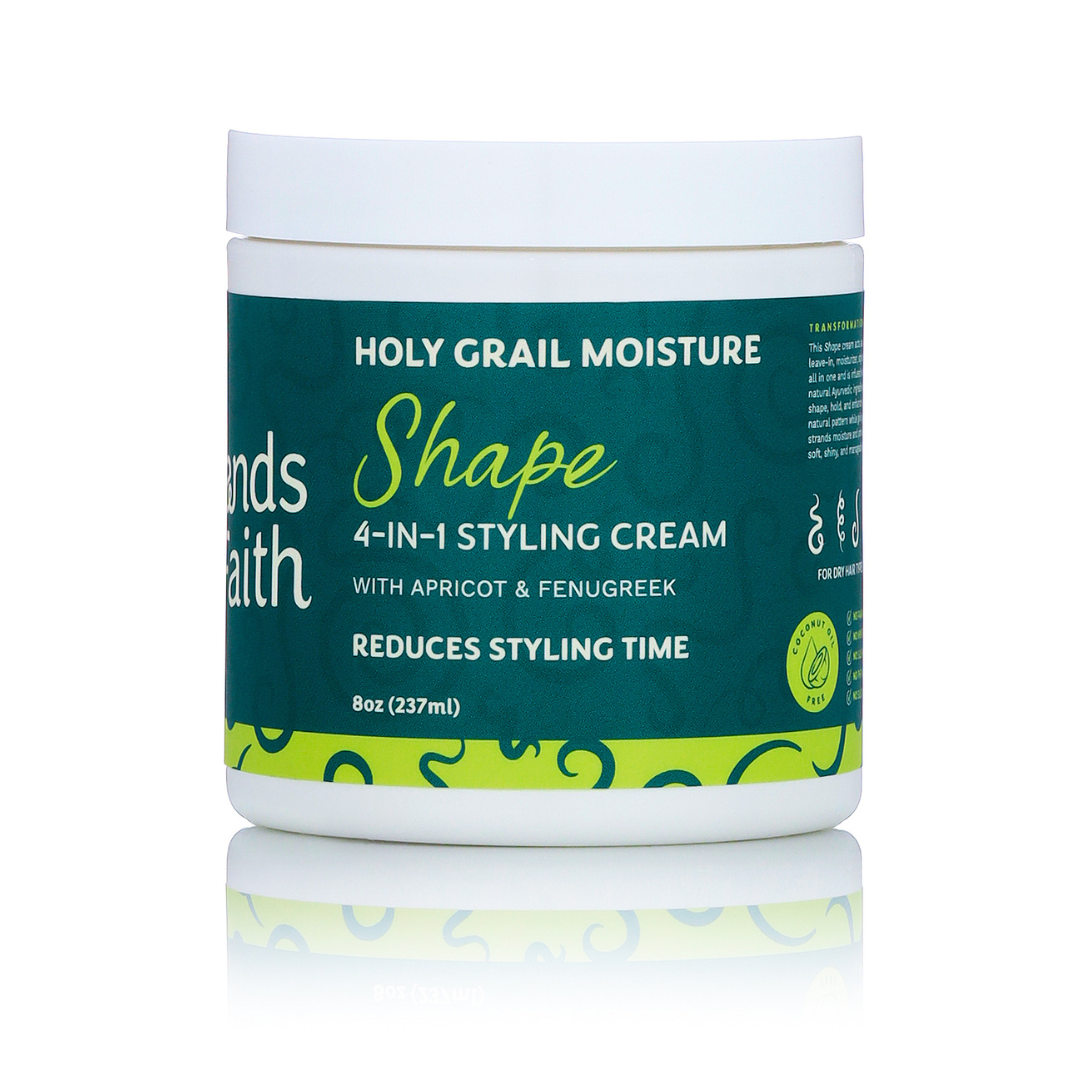
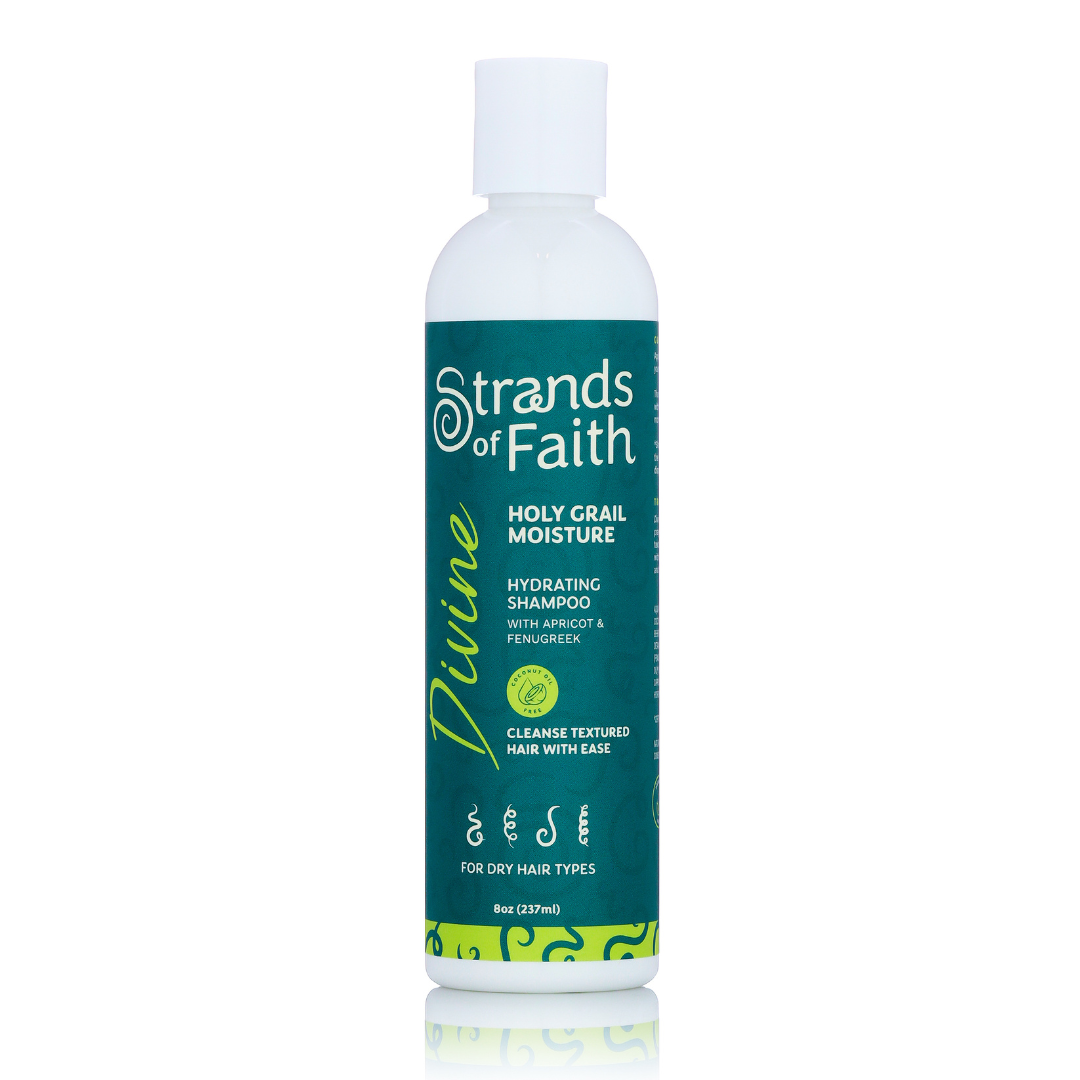
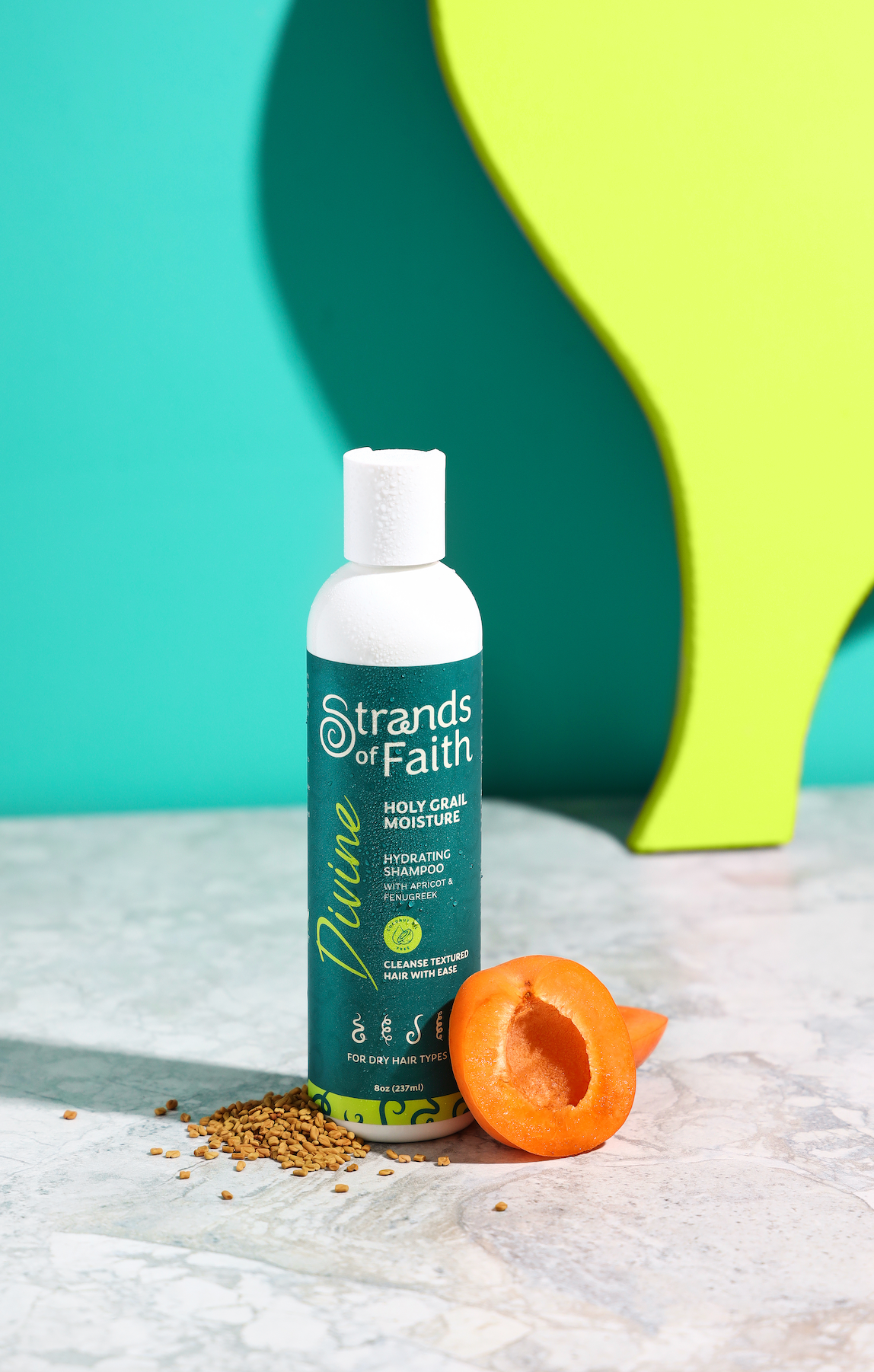
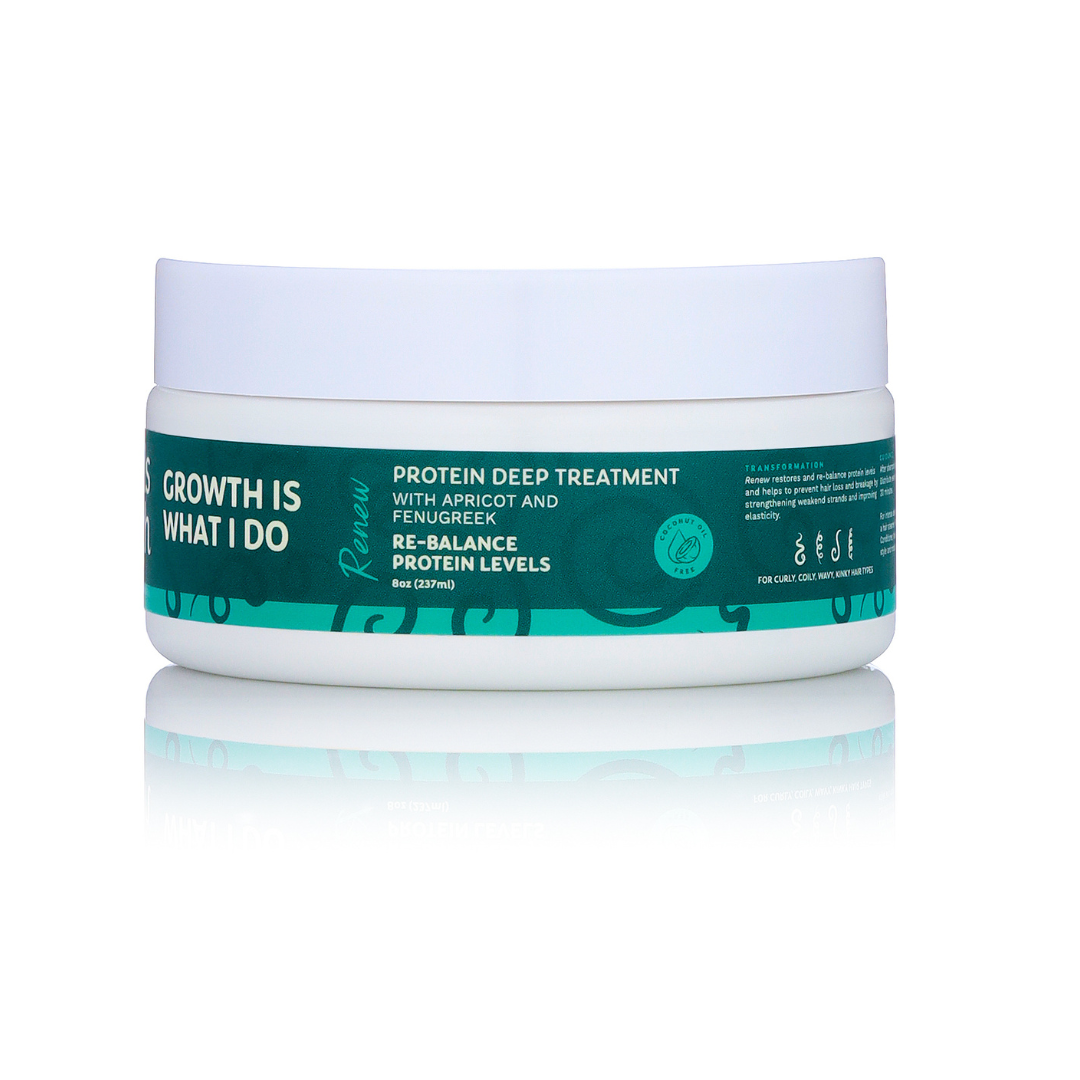

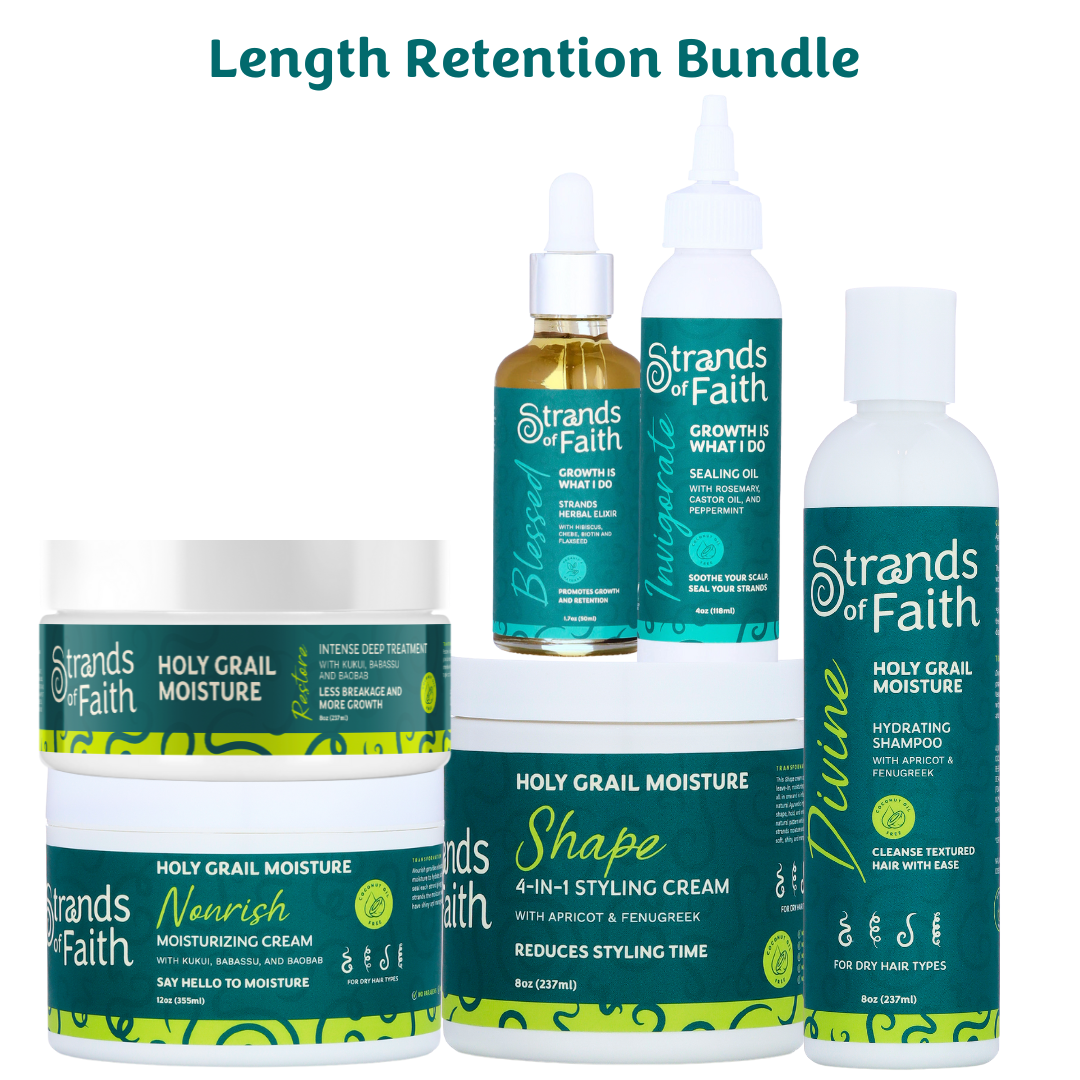

Comments
What product do you have that can help with thinning hair?🥰
Ameka,
Please produce a product for thinning hair
My hair has fall out in spots, I think it’s stress